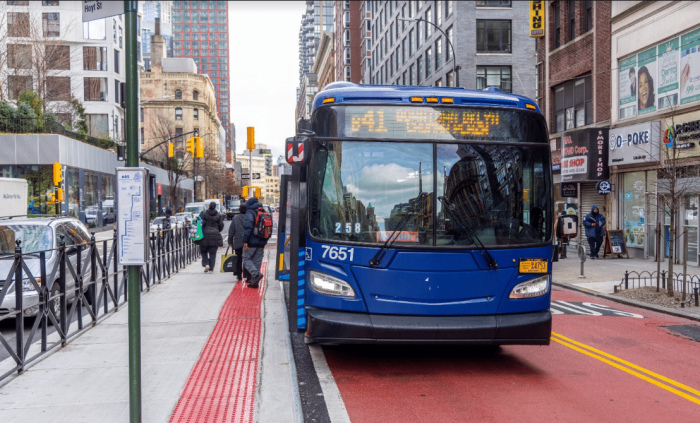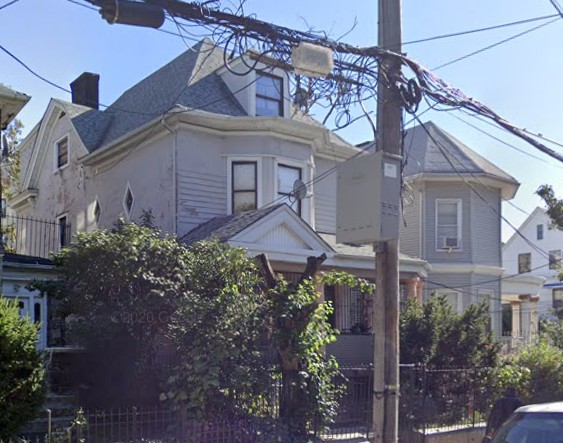New Yorkers may be thought of as cynics who have no time to spare for anyone outside of their personal sphere, but the nonprofit Build is proving that not all stereotypes are true.
Once a week, Melissa McMillan takes time out of her work day to mentor three young girls who have launched their own business through the Build program.
McMillan, 38, uses the skills she’s honed as the owner of the Manhattan-based interior design company Reform Creative to help guide the students in achieving their entrepreneurial dreams.
“As a business owner and someone who frequently presents visual ideas to my clients, I have a lot of experience being succinct and clear, and I try to help the students with that clarity,” the Chelsea resident said. “Occasionally, I get to help with some design decisions as well.”
Established in 1999, the Build organization is a four-year entrepreneurship program offered to students in underserved communities with the goal of helping them achieve success in high school, college and their future careers.
Each year, students enrolled in the program launch or grow a business though experiential learning — building different skill sets and discovering personal strengths along the way.
The organization, backed by the likes of Twitter co-founder and CEO Jack Dorsey, has helped launch over 750 student-led businesses across five major cities, including New York City.
Build expanded to the city in 2015 and currently serves over 300 students from various schools, including Bronx Career & College Prep and High School of Innovation in Advertising and Media in Canarsie. Through partnerships with companies like Reform Creative, as well as corporations such as Barclays and Marvel Entertainment, roughly 100 mentors have helped students in the city create 65 businesses.
McMillan and the other mentors join first-year students in the classroom once a week.
“We provide additional guidance as the kids are developing their businesses,” McMillan said, though she added that it can be hard to not step in and fix certain things. “The students should really own their work. Sometimes it’s tempting to want to get more involved, but I try to guide instead of lead.”
McMillan’s group created a company called Perfect Strap, which sells a device that helps people with disabilities hold utensils without dropping them.
“It’s amazing to get to know kids in this next generation and see how they see and interact with the world in a different way,” she added.
The third week of April is National Volunteer Week. Although McMillan said it can sometimes be difficult to find the time, she makes it a point to incorporate volunteering into her schedule.
“Aside from really enjoying my participation in the program, I am so impressed by the work the students put in,” she added.
According to Build, over 500,000 students drop out of high school every year. The organization aims to significantly reduce that number by addressing racial and economic inequities that are often prevalent in the communities it serves.
In 2015, 83 percent of the nation’s public school students graduated from high school on time, per the National Center for Education Statistics. But a demographic breakdown of students based on race shows an 88 percent graduation rate for white students, 78 percent rate for Hispanic students and 75 percent rate for black students.
“We see the debilitating effects of deep-rooted, institutionalized racism, and we acknowledge that what is happening in our country requires a more intentional approach from our organization,” the Build website says.
Ninety-six percent the students who complete the entrepreneurship program graduate from high school on time, according to Build.
In celebration of its achievements, the organization threw a party Thursday evening at Lavo, the Italian restaurant and nightclub in Manhattan, with guest of honor Gary Vaynerchuk. The best-selling author and CEO of VaynerMedia hosted a “#AskGaryVee Show” with Build students, and a reception and awards presentation followed.
As the organization looks to the future, Build hopes to grow to over 12 times its current size, and then use its success as a “proof point” to urge schools and community programs to adopt its experiential learning model as a way to reduce the national dropout rate.





























